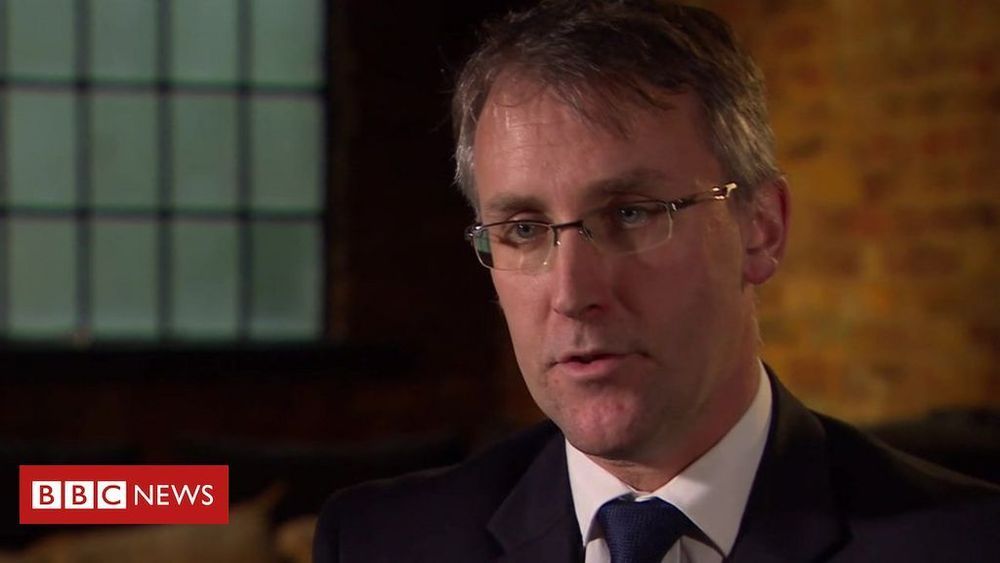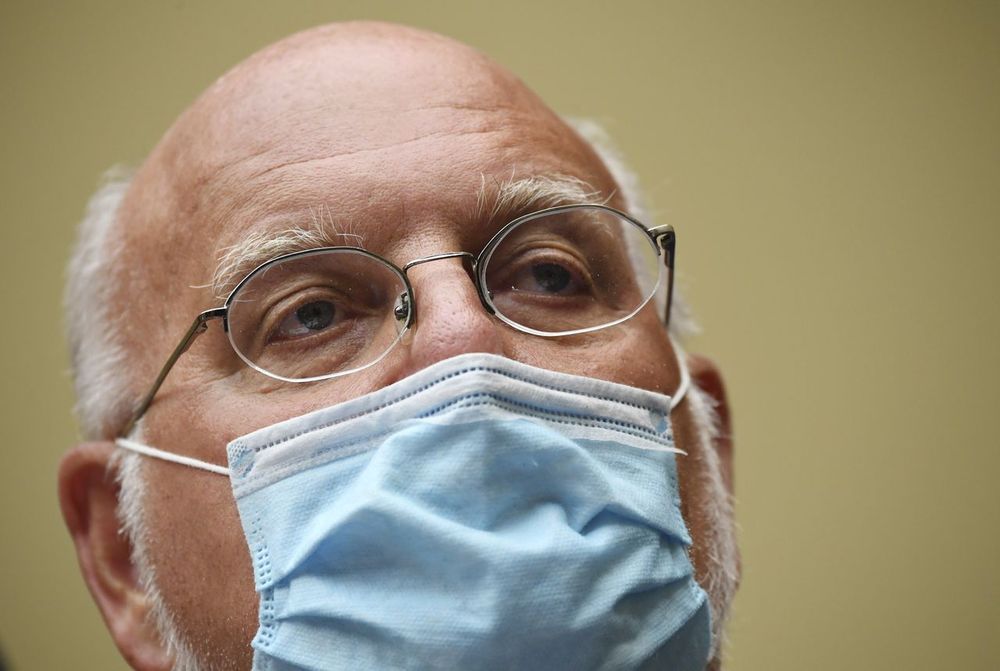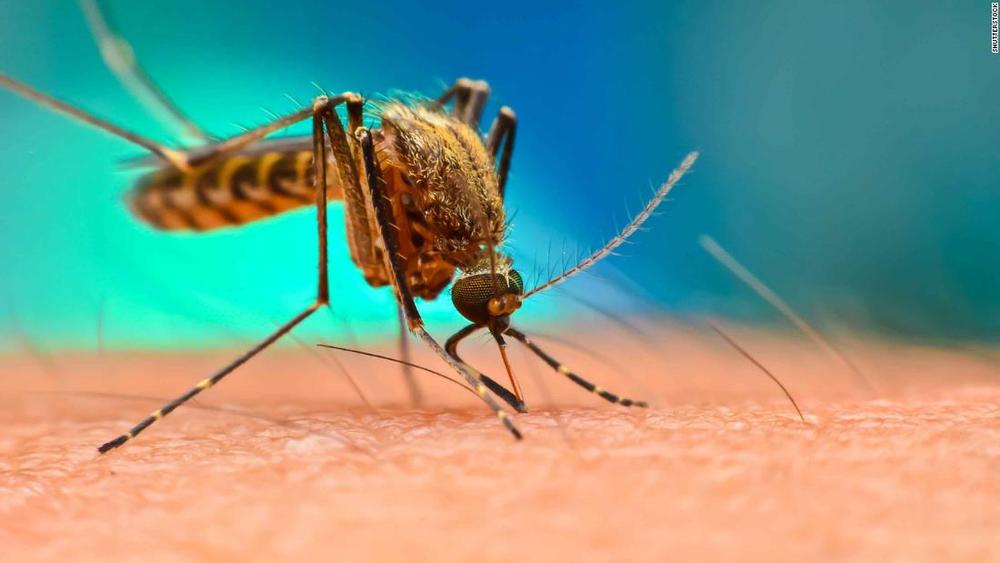Over the past five decades, space travel advocates have been pushing to expand our footprint in space. They dream about lunar bases, missions to Mars and colonies in free space. The visions are ever changing, with government efforts joined by those of private companies like Elon Musk’s SpaceX — in the midst of an effort to send tourists on a trip around the Moon — gravitating toward the space tourism sector. While the goals and how to accomplish them are in constant flux, there remain certain obstacles that must be overcome before we take that next big step. And one of the biggest is the need to protect the health of our future space explorers.
That’s what’s prompted NASA to turn to the fast-moving world of gene therapy to solve several potential medical issues facing astronauts on lengthy space missions.
The US space agency and the associated Translational Institute for Space Health Research (TRISH) at the Baylor College of Medicine are now calling for proposals from private companies and other groups to develop a kind of gene therapy for astronauts. But this would be different than recent gene therapies that target specific diseases such as hemophilia or various types of cancer. Instead, the idea here is to minimize the damage from space radiation through a kind of preventive treatment. Exposure to radiation in space can cause cancer, cardiovascular disease, cataracts and the loss of cognitive function due to accelerated death of brain cells. These different disease categories involve very different mechanisms — cancer and heart disease result from radiation damaging DNA, while loss of brain tissue results simply from radiation killing off mature cells, and still other diseases result from radiation destroying stem cells.







